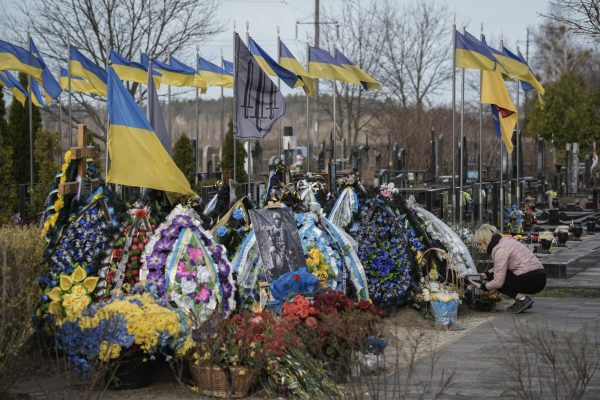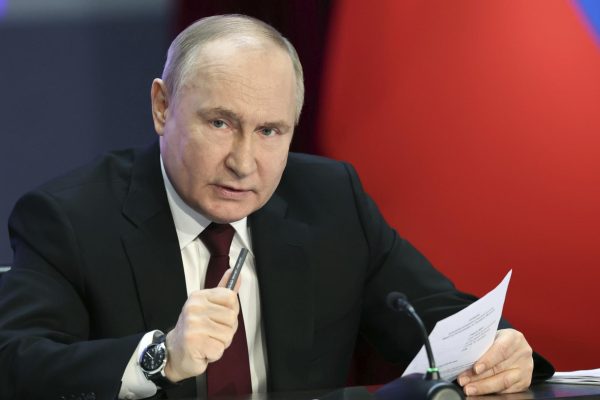Hypocrisy Supports MLK?: Students Remark Low Attendance to MLK Week DEI and Anti-Racist Event
Monday, Jan. 17, was Martin Luther King Jr. (MLK) Day. Colgate organizers and faculty used the first week to celebrate MLK’s legacy and promote diversity, equity and inclusion (DEI) and anti-racism events that featured many distinctive speakers, musicians, panels and dialogues. However, despite all the activities and energetic-emotional animus from the spokespeople to bring about the values they desire on campus and beyond, students I have spoken with who participated in the events expressed that the student body seems far less enthusiastic than the organizers in participating. Their enthusiasm was in their efforts to conceal their apathy towards the racial justice week.
The students I interviewed emphasized that the turnout for the MLK celebration opening ceremony was an indicator of how little interest was fostered to attend this sequence of events. It seemed a shock for the students I interviewed who engaged in these events because they believed the notion that the issue of racism was one of the most important to the faculty and student body. This outlook on our community can perhaps be attributed to the number of courses that teach material associated with diversity, equity and inclusion and anti-racism and the indicated interest shown from student clubs that support a variety of these values.
First-year Anna Miksis shared that, “This MLK week’s celebrations were so well done — the talent, passion [and] candor was more than inspiring — absolutely deserving of a full house. I was upset that most of my peers decided not to participate at all in MLK week. … It’s hard to be optimistic about the future of Colgate if students are unwilling to show up to support Martin Luther King’s legacy.”
Miksis seems to have difficulty reconciling that many of her peers, on the outside, seem to agree with her ideologically but at the same time don’t put effort into making a reality of their ostensive beliefs with actions. In addition, Miksis later asked me to edit a particular segment out of her quote — because she was afraid of repercussions.
Another source, who asked to remain anonymous, made a somewhat similar statement: “Despite low attendance, the opening ceremony was thought-provoking and a real call to action. Additionally, the audience was entertained by the numerous dance and music groups who performed.”
I decided to start asking students who told me they would have liked to have attended the event the question, why didn’t you attend? All my contacts either were unwilling to speak on the record or only consented if they could remain anonymous. The following quotes are answers to the prior question.
“I just wasn’t properly informed about what it was. I probably could have gone, but I just got caught up with homework and other things.”
“I just don’t go to campus events.”
“I don’t think it was publicized very well.”
“It feels like one person going has little effect. If more people went, I might have gone. It feels like my individual decision to attend fails to create a movement.”
One hundred percent of students I interviewed who did not attend an event stated they would only allow me to publish their quotes if I promised them they would remain anonymous. They were all evidently nervous about the subject matter; many people even declined to answer my questions. My interpretation of this response is that these people felt they would get in trouble with the community if they told the truth or even a made-up excuse. I can only hypothesize with the lack of information they were willing to divulge. Still, this tension around the topic of racial justice could, on one hand, be the reason for the need to appear as though you are a supporter but, on the other hand, be the reason for the low turnout at actual racial justice events. None of the people I interviewed were willing to indulge me with the reason for their behavior; the most informing was their reaction to my ordinary questions. The answers I received in combination with the respondents’ overwhelming desire to remain anonymous begs the questions: What exact reaction frightens my peers, and why should they be afraid?
In reflection, this was an incredibly frustrating process because no matter how I framed the question and even with the possibility of anonymity presented before them, people were unwilling to give a straight answer. At the same time, off-record, people were willing to say that the questions made them uncomfortable or that they were afraid of being “canceled”. In pursuit of honesty and expression, I think it is important for our school to thoroughly analyze the motives and culture surrounding social justice and to encourage our community to underpin their ostensive beliefs.

Robert "Jerry" Pfeifer is a junior from New Paltz, NY concentrating in political science. He has previously served as a staff writer for the Arts &...










Grace Dow • Feb 26, 2022 at 5:49 pm
Very informative and well-written!
Anna • Feb 26, 2022 at 5:33 pm
Great journalism Jerry!